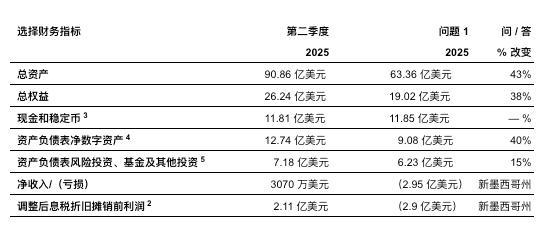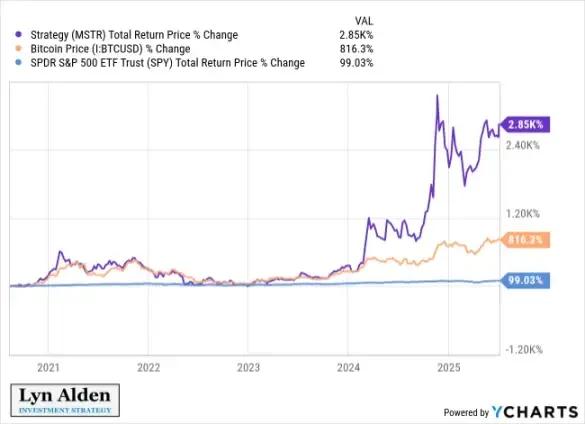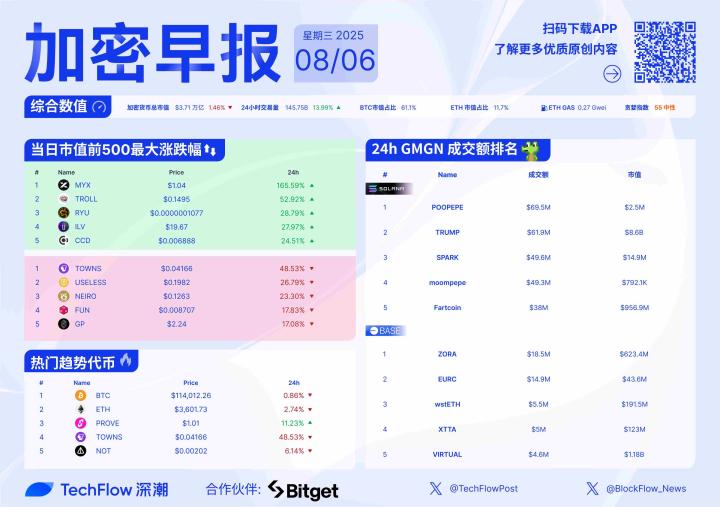Written by: Lin Wanwan, BlockBeats
In the crypto world, the loudest sound is not the clamor of transactions, but the connections that can quietly pocket $9 billion.
In July 2025, 80,000 bitcoins that had been dormant for 14 years suddenly moved, one of the largest nominal bitcoin transactions in history. A transfer of this scale should have triggered a 30% market drop, but the reality was—no significant crash, no panic, and these bitcoins were quietly absorbed by the market.
A $9 billion chip was "silently" consumed by the market. The operator was neither an exchange nor a hedge fund, but a somewhat obscure Wall Street player: Galaxy Digital.
At the Q2 earnings call on the evening of August 5th, someone asked the CEO: How did you acquire the customer for 80,000 BTC? Was there a formal bidding process?
The CEO casually replied: "For this deal, relationships matter more than quotations."
Moreover, BNB's treasury company, personally led by the Chinese billionaire CZ, quietly hired David Namdar, the former co-founder of Galaxy Digital, as CEO.
Who exactly is behind Galaxy Digital? What kind of political and business resources were mobilized to take on these epic transactions? And what new power structure is this network weaving for the crypto world?
High-Level "Friend Circle": Political Capital in the Board Room
The key to this transaction lies not in the front-end quotation, but in the behind-the-scenes connections—everything points to an old Wall Street veteran.
The 56-year-old founder, Mike Novogratz, is a standard "Wall Street product".
He worked at Goldman Sachs for 11 years, starting from the Southeast Asian futures desk and eventually becoming a fixed income partner. At that time, Novogratz was one of the few who could navigate between macro trading, asset portfolios, and national policies.
[The translation continues in the same professional and accurate manner for the entire text.]
For example, if you bought 10,000 ETH, you would immediately record the loss when it drops, but ignore the gain, not counting it as profit. This makes corporate financial reports look bad and audits a mess. The new FASB rules will value assets at "fair value" starting from the 2025 fiscal year, recognizing gains when the currency rises, truly opening the path to "holding crypto compliantly".
Galaxy was the earliest to enter and bring a group of listed companies "legally on board" as a service provider.
The earliest to sense the opportunity were a group of ancient ETH whales. They quietly packaged their ETH into US stock shell companies, completing a covert cash-out through a left-hand-to-right-hand method without disturbing the market. SharpLink Gaming was the leader in this "cash-out technique".
Soon, the Chinese richest man CZ followed suit - stuffing his platform's BNB into a US stock company, using a shell, packaging, and listing to transform the platform token into a compliant asset and enter the capital valuation system.
Behind this series of operations, Galaxy Digital had quietly surfaced - serving as the script's operational consultant.
It customized a "crypto treasury" narrative for these companies: from OTC positioning, asset custody, to compliant disclosure and pledge income, every step revolves around its built political-commercial channel, precisely treading the gray area between regulatory blind spots and capital leverage.







